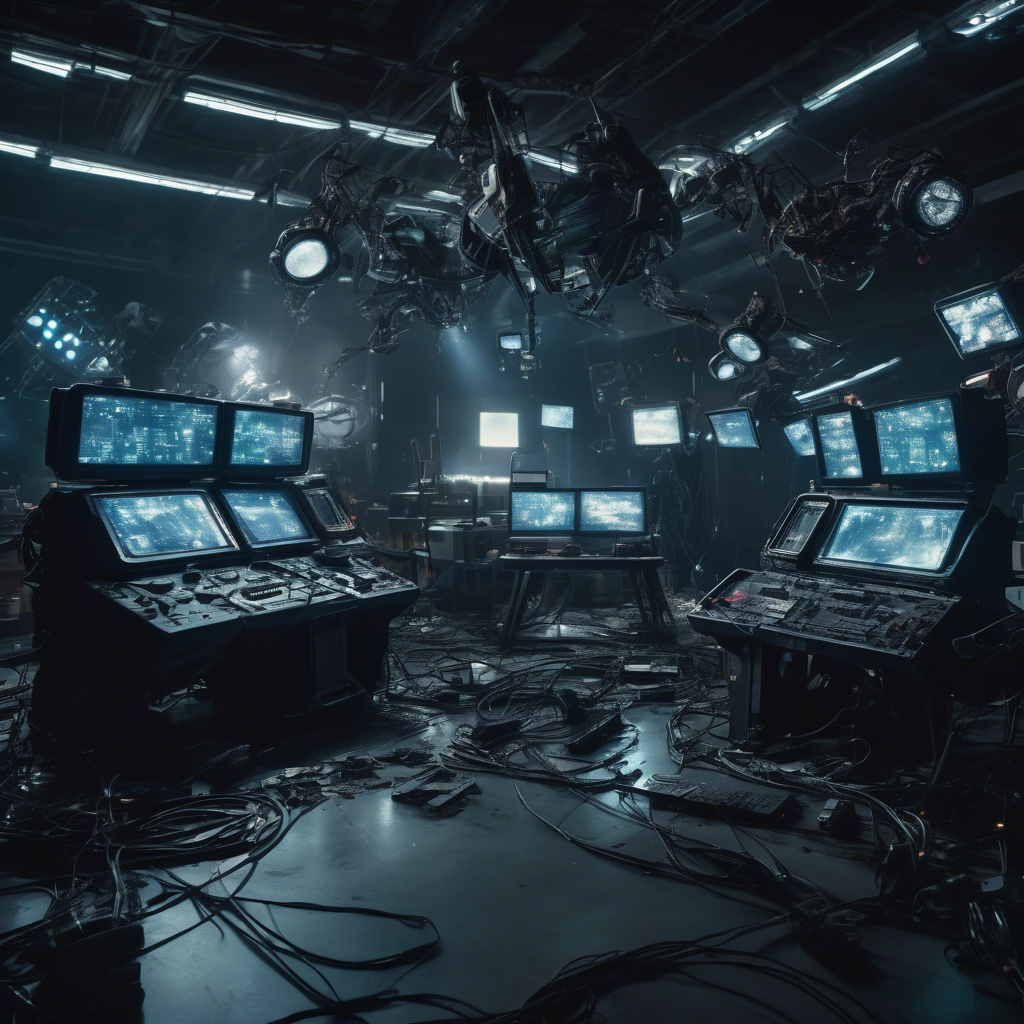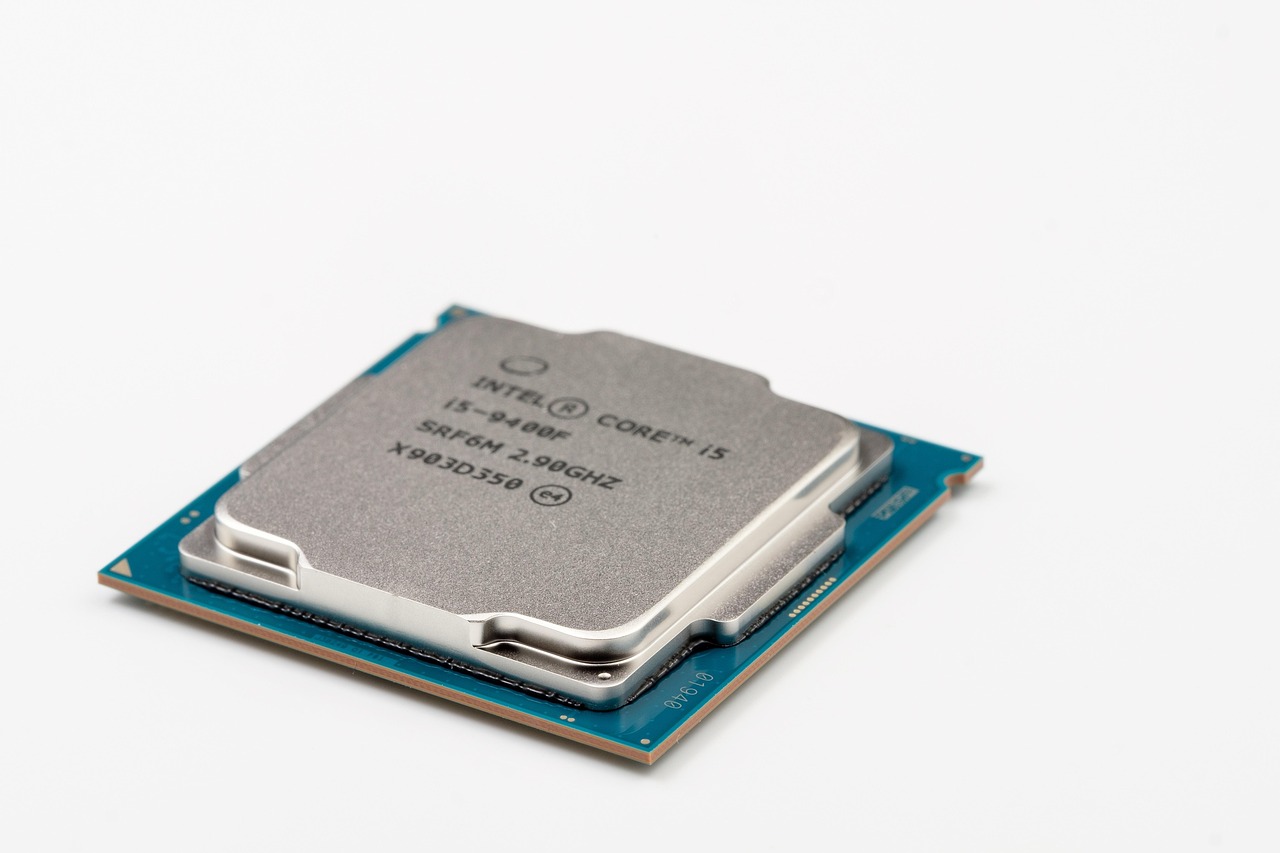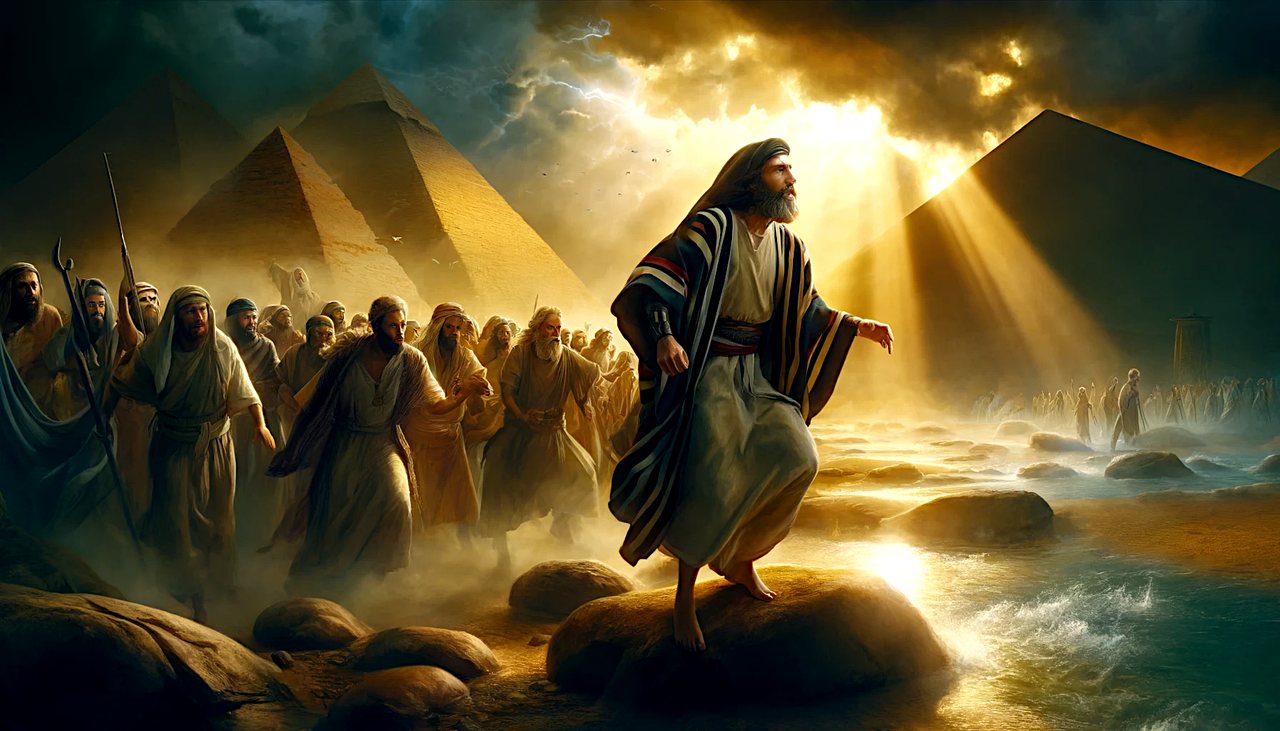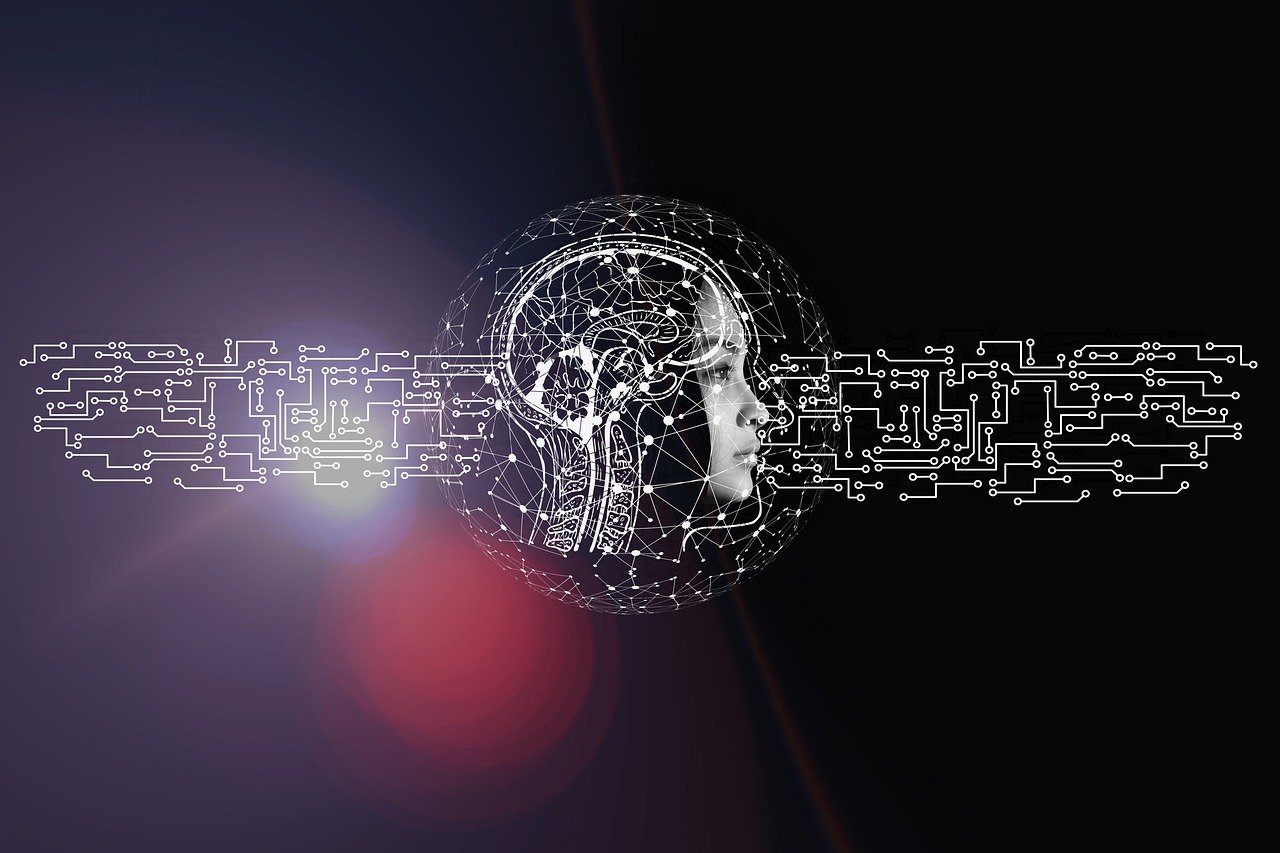ILM’s AI-Generated Star Wars Demo Sparks Backlash for Poor Creature Designs

Brief news summary
Disney is expanding its Star Wars universe with reboots, sequels, and spinoffs, while exploring the use of generative AI technology. Industrial Light and Magic (ILM), the visual effects studio behind most Star Wars films, demonstrated an AI-driven visual project called "Star Wars: Field Guide" during a TED talk by ILM’s chief creative officer, Rob Bredow. Created in just two weeks, the demo featured a probe droid exploring a new Star Wars planet, showcasing AI-generated creatures that blended Earth animals with artificial elements. However, critics argued these AI-created designs lacked the franchise’s iconic style and felt generic, sparking concerns about AI art being mere remixing of existing works. Despite ILM’s innovative status, many fans were disappointed. Bredow highlighted that AI is intended to enhance human creativity by combining technology with traditional artistry. This development contributes to broader industry debates about creativity, labor, and AI’s evolving role in filmmaking, as Disney and others increasingly adopt AI-driven content creation.If Disney leadership has its way, we’ll be inundated with endless Star Wars reboots, sequels, and spinoffs until the Sun eventually explodes. And what better way to keep this constant churn going than by leveraging good old generative AI? Unfortunately, as highlighted by 404 Media, we’ve just had a glimpse of what this could look like. Industrial Light and Magic (ILM), the legendary visual effects studio behind nearly every Star Wars film, recently released a demo showcasing how AI might supercharge depictions of the beloved sci-fi universe. Unsurprisingly, it looks absolutely, flabbergastingly terrible. The demo, titled “Star Wars: Field Guide, ” was unveiled during a recent TED talk by ILM’s chief creative officer Rob Bredow, who emphasized it was merely a test—“not a final product”—created by a single artist in two weeks. The concept was to simulate sending a probe droid to a new Star Wars planet, Bredow explained. However, what unfolds doesn’t feel remotely like Star Wars. Instead, it’s a collection of generic, nature documentary-style shots featuring some of the most absurd creature designs imaginable. All the creatures strikingly resemble real Earth animals, reinforcing criticisms of generative AI as merely repurposing existing art. You can watch the demo yourself, but here’s a quick summary of the monstrosities displayed—all with that unmistakable fake AI glow. A blue tiger sporting a lion’s mane. A manatee with obvious squid tentacles pasted onto its snout. An ape with stripes. A polar bear with stripes. A peacock that’s actually a snail.
A blue elk randomly sporting brown ears. A monkey-spider hybrid. A zebra-rhino combo. Need we say more? “None of those creatures look like they belong in Star Wars, ” commented one viewer on the TED talk video. “They’re clearly just two Earth animals crudely fused together. ” Make no mistake: ILM is a trailblazer in the special effects world. Founded by George Lucas during the making of the original Star Wars, ILM pioneered many of the visual feats filmmakers now rely on and was key in advancing CGI technology. Their credits span from Terminator 2 and Jurassic Park to Starship Troopers. Which makes it all the more disheartening to see them yielding to a technology that dilutes the very art form they helped perfect. What ILM presents here is a far cry from the iconic creature designs Star Wars fans revere—Tauntauns and Ewoks, for example. There is room for debate on how much AI should factor into filmmaking, especially when it comes to labor, and Bredow touches on this by noting that ILM has historically combined cutting-edge tech with tried-and-true methods. He reassures that real artists remain essential and that “innovation thrives when old and new technologies blend together. ” This stance is reasonable. But jumping from this cautious approach to showcasing entirely AI-generated creatures sends a confusing and contradictory message. More on AI in movies: Disney Claims Its “Fantastic Four” Posters Aren’t AI, They Just End Up Looking Like Absolute Garbage
Watch video about
ILM’s AI-Generated Star Wars Demo Sparks Backlash for Poor Creature Designs
Try our premium solution and start getting clients — at no cost to you

I'm your Content Creator.
Let’s make a post or video and publish it on any social media — ready?
Hot news

Intel's AI Chips: Powering the Next Generation of…
Intel has officially introduced its latest advancement in artificial intelligence technology with a new generation of AI chips specifically designed to accelerate machine learning tasks.

Oracle AI Agents Help Marketing, Sales, and Servi…
Oracle has introduced new role-based AI agents within Oracle Fusion Cloud Applications aimed at enabling organizations to deliver intelligent customer experiences (CX) at scale.

Veriflow AI - AI-Powered Lead Generation for SMM …
Veriflow AI is transforming social media marketing (SMM) agencies’ lead generation by providing advanced AI-powered tools designed to identify high-intent clients on social platforms.

AI Marketing Platform Bluefish Inks 17K-SF Deal a…
Artificial intelligence-driven marketing platform Bluefish has inaugurated its first headquarters in Manhattan’s Flatiron District, according to Commercial Observer.

How AI-driven shopping discovery changes product …
As consumers increasingly adopt AI search, the industry has concentrated on the technical “how,” tracking everything from Agentic Commerce Protocols (ACP) to ChatGPT’s latest shopping tools, often overlooking a bigger transformation: conversational search.

AI Video Conferencing Tools Gain Popularity Amid …
As remote work becomes increasingly prevalent, AI-driven video conferencing platforms have emerged as essential tools for businesses and individuals.

AI-SMM — AI that runs social media
AI-SMM is transforming social media management through its advanced AI-powered platform that automates the entire social media workflow.
AI Company
Launch your AI-powered team to automate Marketing, Sales & Growth

and get clients on autopilot — from social media and search engines. No ads needed
Begin getting your first leads today








